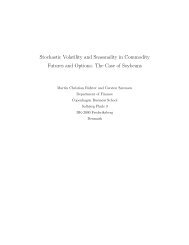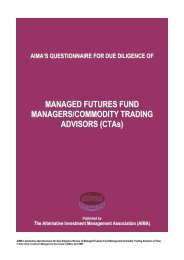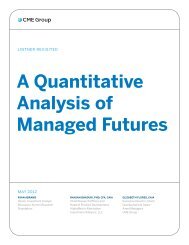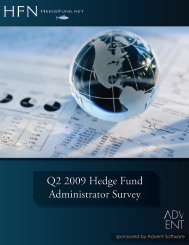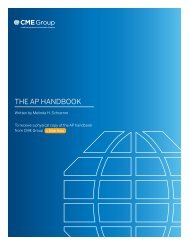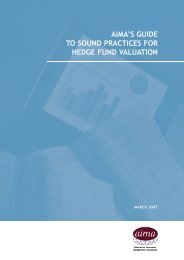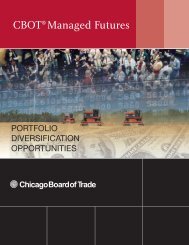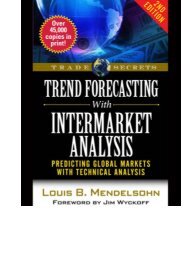SETTING UP A HEDGE FUND â PART TWO - BarclayHedge
SETTING UP A HEDGE FUND â PART TWO - BarclayHedge
SETTING UP A HEDGE FUND â PART TWO - BarclayHedge
Create successful ePaper yourself
Turn your PDF publications into a flip-book with our unique Google optimized e-Paper software.
Year-End (Reference Question 14)<br />
Most funds establish their financial year-end to match the calendar year-end at the 31 st December. This has many<br />
practical advantages, but one, quite substantial disadvantage – timeliness of receipt of the annual audit. With the<br />
plethora of hedge funds that have been established over the past several years, all audit companies in jurisdictions<br />
that host hedge funds are stretched and suffer a huge log-jam in the first three to six months of the year, because<br />
every fund under the sun wants a 31 st December year-end. Many of these funds have strict deadlines for the audit,<br />
either laid out by the Irish Stock Exchange, their regulator or within their Offering Memorandum. Often, this logjam<br />
can be avoided if the financial year-end of the Fund is set at, say, the 31 st March, 30 th June or even the 30 th<br />
September, because the audit companies will have more staff available, certainly in June and September, to<br />
concentrate on the Funds’ audit than they will have with a 31 st December date.<br />
Fractional Shares (Reference Question 15)<br />
Custom House normally recommend that for open-ended funds fractional shares be issued if required, as this<br />
enables round sums to be invested. For example, if the offer price is $23.56 and an investor wishes to invest<br />
$100,000, the investor would receive 4,244.48 shares. If fractional shares were not issued, then a refund of $11.36<br />
would be due. This balance could be retained by the fund, or the Manager, but most investors ask for it back, even<br />
though it would cost more in bank and time charges to administer such payments than the actual payment is worth.<br />
Share Certificates (Reference Question 16)<br />
Most funds do not issue certificates to the Shareholders and usually the share purchase contract confirmations are<br />
considered and accepted as "good title". Some investors require share certificates and therefore Custom House<br />
recommend that they be available, but only if requested, for which there will usually be a charge payable by the<br />
shareholder.<br />
As mentioned above, Custom House will not, as a general rule, act for funds that issue bearer shares, because of the<br />
potential for abuse of such instruments in the context of anti-money laundering regulations.<br />
Manager/Investment Manager (Reference Questions 18.1/18.2)<br />
The management and control of a fund company initially lies in the hands of the directors, although, ultimately,<br />
it lies with the holder of voting shares. The directors will usually delegate the administration and the investment<br />
management of the fund to third parties and appoint an Administrator and an Investment Manager.<br />
Sometimes a Manager is appointed who will be responsible for appointing the Investment Advisor(s) and the<br />
Administrator. The Manager will have responsibility for the management of the fund company, although the<br />
directors will always have the power to remove the Manager in extreme circumstances.<br />
Often, an Investment Manager is sometimes appointed instead of a Manager, with responsibility limited purely<br />
to the management of the fund’s assets. The Investment Manager may also delegate and appoint one or more<br />
separate Investment or Trading Advisor(s), as would be the case with a Multi-Manager Fund utilising managed<br />
accounts (see below).<br />
It is less common to appoint both a Manager and an Investment Manager.<br />
The questions referenced (c), (d) and (e) are important if it is intended that the fund is going to be listed on The Irish<br />
Stock Exchange. The Investment Manager will be automatically approved if it is regulated by a “recognised<br />
regulatory authority”. (Please review the section “Listing on The Irish Stock Exchange” on our Website).<br />
Alternatively, an Investment Manager that is not regulated by a recognised authority will usually be approved if they<br />
have US$100 million (or currency equivalent) of third party discretionary money under management, or in some<br />
cases, if the fund is restricted to “Professional Investors”.<br />
Investment Advisors and Trading Managers (Reference Question 19)<br />
If the fund is a multi-manager fund, it is usual to appoint an Investment Manager who will select, supervise, oversee<br />
and ultimately be responsible for the individual Investment Advisor(s) or Trading Manager(s) who may be<br />
appointed by the Investment Manager, or by the company on the recommendation of the Investment Manager.<br />
13


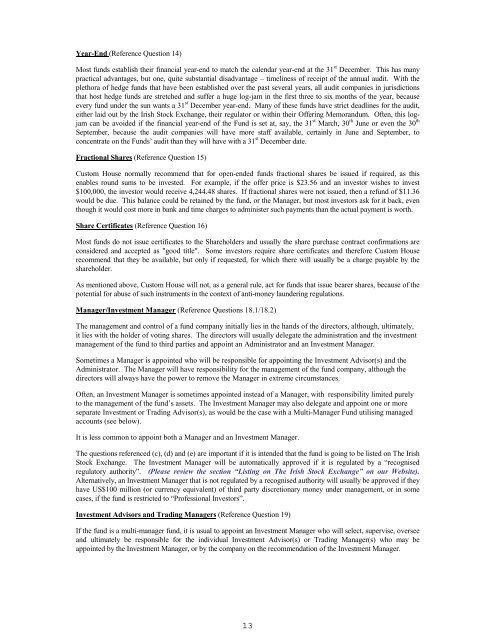
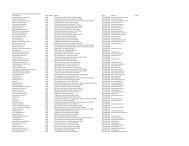
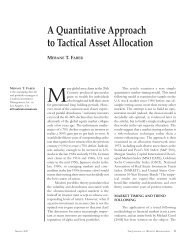
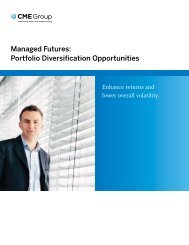
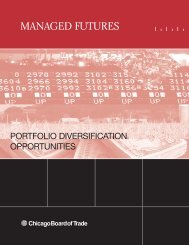
![Definitions & Concepts... [PDF] - Cycles Research Institute](https://img.yumpu.com/26387731/1/190x245/definitions-concepts-pdf-cycles-research-institute.jpg?quality=85)
